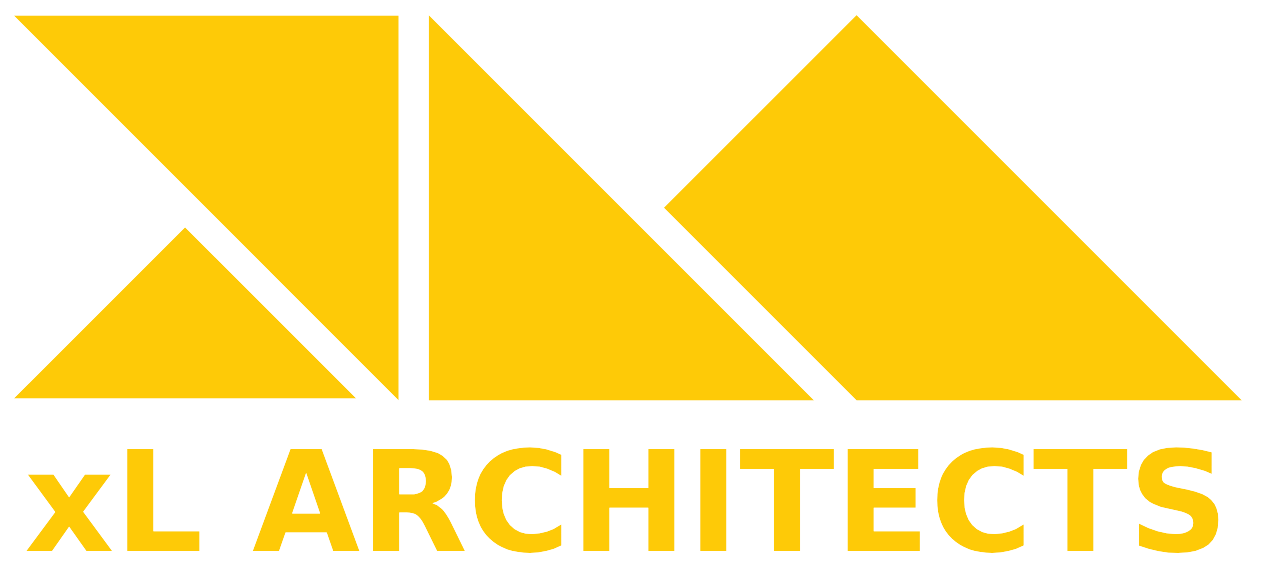Decoding Modular Construction: Navigating Its Suitability for Your Project
Within the construction industry, the appeal of modular building is undeniable. The potential for cost savings, streamlined processes, and improved quality control has made it an attractive option for many developers. However, is modular construction truly the ultimate solution it's often portrayed to be? At XLA, we specialize in off-site construction technologies and grasp the intricacies involved. Let's examine the factors that determine whether modular construction is the optimal choice for every project.
1. The Purpose Behind Going Modular:
Clear objectives should drive the decision to adopt modular construction. If time efficiency is the main objective, modular construction can provide significant benefits. Off-site fabrication allows simultaneous site preparation and module construction, reducing project timelines. Similarly, cost reduction is a compelling reason to choose modular construction. The controlled factory environment minimizes waste and labour costs while maximizing efficiency. Moreover, the strict quality control measures in off-site fabrication ensure consistency and precision, enhancing the overall quality.
2. Repeatability of Building Layout:
Modular construction thrives on standardization and repetition. Projects with consistent building layouts across multiple levels are well-suited for modularization. This uniformity enables efficient mass production, as identical modules can be replicated with minimal changes. Furthermore, a consistent layout simplifies quality control processes by allowing universal application of improvements or adjustments across all modules. On the contrary, projects with complex or unique layouts may face challenges in achieving the same level of efficiency and consistency in modular construction.
3. Repeatability Across Different Lots:
Scalability is crucial in modular construction. Projects that can be easily replicated across various lots or sites offer advantages in terms of mass production efficiency and predictability. Standardized designs adaptable to different locations allow developers to capitalize on economies of scale and streamline construction. However, projects requiring site-specific customization may encounter logistical obstacles in achieving the same repeatability and efficiency.
4. Flexibility in Design Adaptation:
Flexibility in design adaptation is crucial for successful modular construction. Developers must assess the extent to which their project can accommodate modular integration without compromising key design elements or functionality. Identifying non-negotiable aspects of the design versus elements that can be adapted or modified is essential. Additionally, constraints such as building size and height may influence the feasibility of modular construction. While modular techniques offer versatility, there are limitations to consider, particularly in projects with unique architectural features or spatial requirements.
5. Budget Allocation for Design:
Modular construction often demands an upfront investment in the design phase. This initial expense is necessary to meticulously plan and engineer the project for off-site fabrication. Designing for modularity involves additional considerations like module transportation and assembly logistics, which may incur extra costs. Nevertheless, the long-term benefits of modular construction, including reduced construction time, lower labour expenses, and improved quality control, often outweigh the initial investment. Developers must allocate adequate resources to the design phase to optimize the efficiency of the modular construction process.
Ready to Explorer?
In summary, although modular construction offers many benefits, it may not be the answer for every situation. It is essential to carefully evaluate project-specific elements to determine its appropriateness. The mentioned factors serve as initial guidelines, and not meeting all criteria does not necessarily rule out modular construction, just as meeting all criteria does not automatically make it the right choice. If you are contemplating modular construction for your next project, let's collaborate to explore options that align with your goals and constraints. Together, we can navigate the intricacies of modular construction and unleash its full potential.
•••
XLA is an architecture firm that specializes in off-site construction technologies, particularly focusing on volumetric modular designs, panelized building systems, and 3D concrete printing construction. Our goal is to offer modular design solutions for various projects and establish meaningful connections between individuals and their surroundings through well-thought-out environments.
